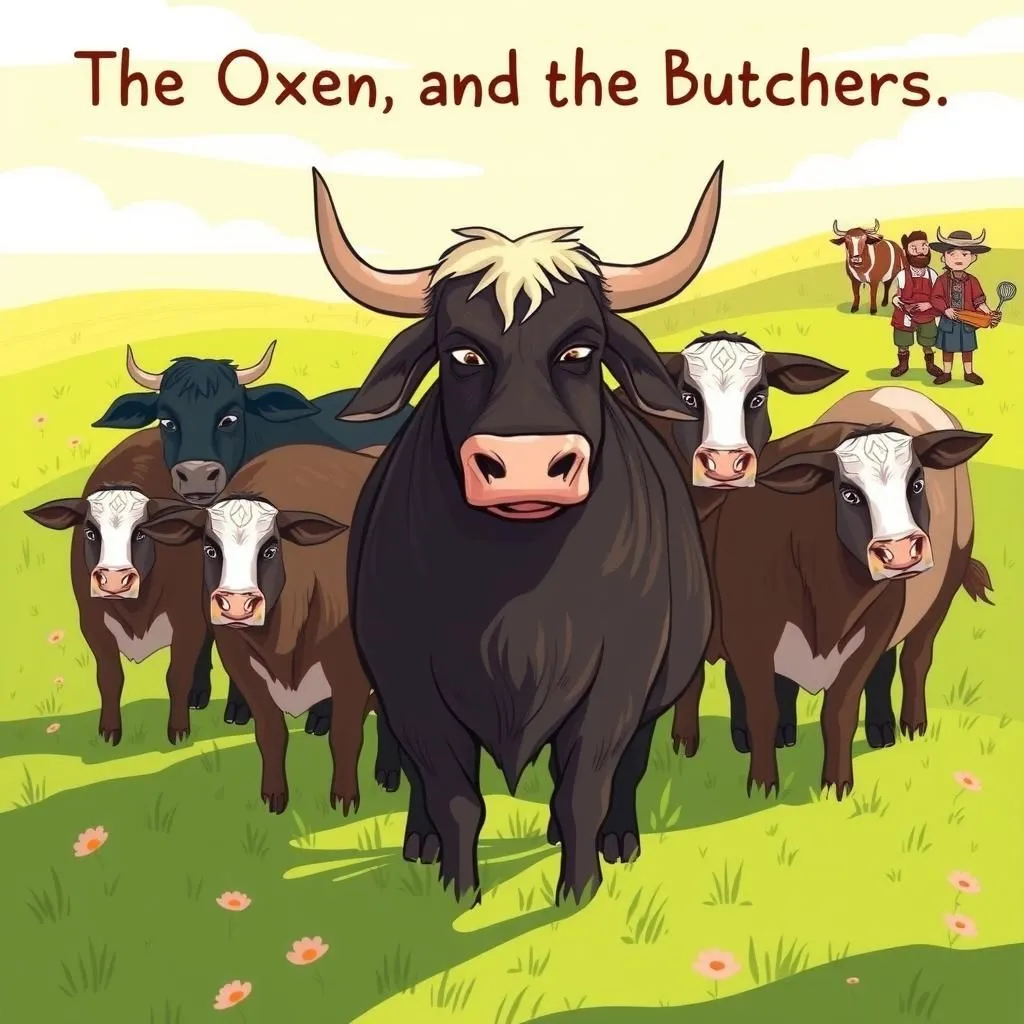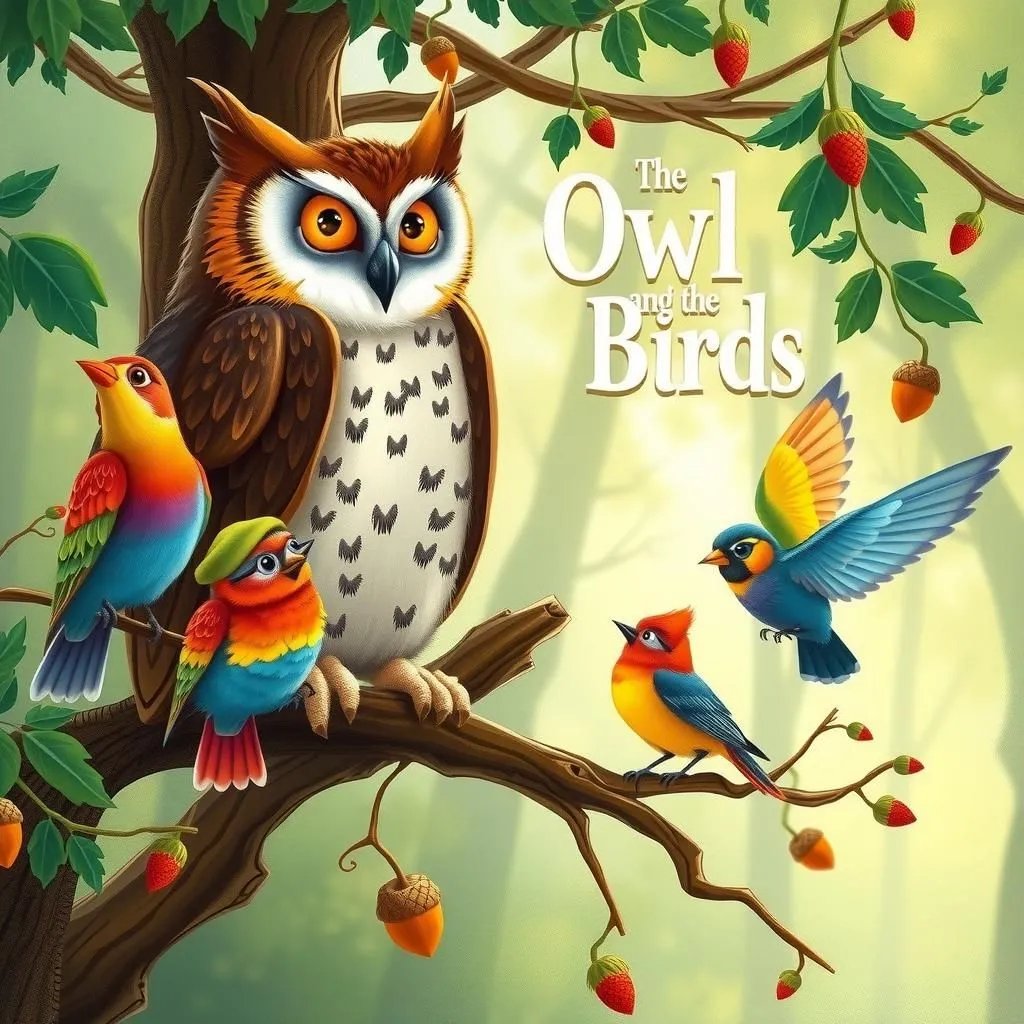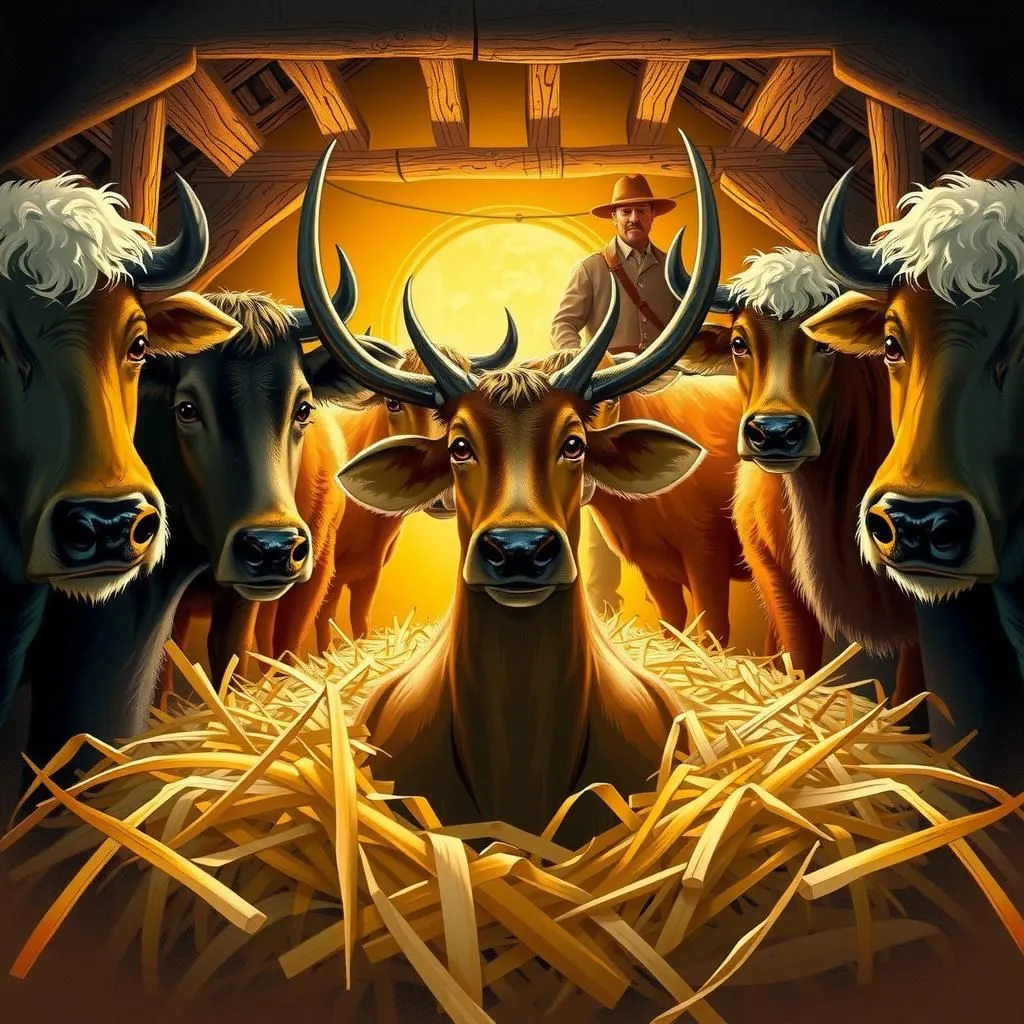
A Valuable Suggestion
In "A Valuable Suggestion," a President of a Big Nation plans an extravagant naval demonstration to intimidate a Little Nation during a quarrel. However, after receiving a clever note revealing the Little Nation's awareness of the Big Nation's naval fleet, he wisely cancels the costly display, saving a billion dollars. This decision not only exemplifies the timeless moral of humility and understanding but also allows him to secure a favorable arbitration outcome, making it a compelling quick read story with moral lessons.


